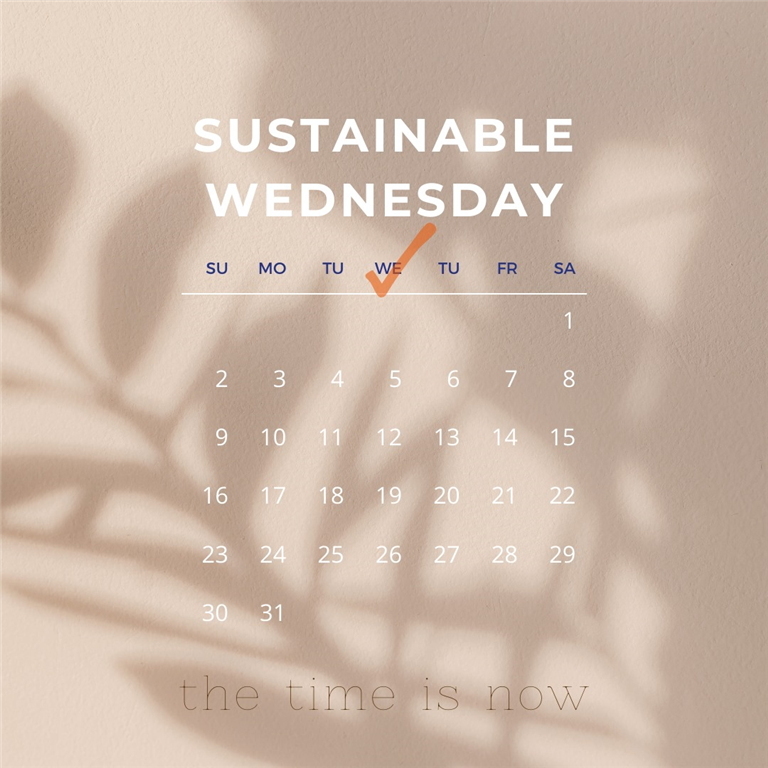Sustainable Wednesday: Exploring Cultural Perspectives on Sustainability in the English Language Classroom
Published Stephanie Clark on Wednesday, March 27, 2024 9:00 AM

Sustainability has become a key focus across industries, including education. However, differing cultural perspectives shape how societies around the world approach this critical issue. With this in mind, the classroom provides a platform to encourage meaningful discussions and promote cross-cultural awareness about environmental issues. In this article, we explore what this means for English language schools in the international education industry.
Acknowledging various attitudes towards sustainability
Different cultures have unique attitudes and approaches to sustainability, shaped by factors such as history, geography, and socio-economic conditions. For example, Scandinavian countries like Sweden and Norway are often praised for their strong commitment to environmental protection and renewable energy initiatives. This can be attributed to cultural values emphasising harmony with nature and social responsibility. On the other hand, rapidly developing regions such as China and India may prioritise economic growth over environmental concerns due to pressing socio-economic challenges. What’s more, the cultural values of individualism and collectivism influence environmental viewpoints. Encouraging open dialogue and respectful exchange of ideas in the classroom creates a supportive learning environment where students can explore these complex issues collaboratively.
Choosing resources for discussion
In English language lessons, incorporating resources that highlight cultural perspectives on sustainability can enrich learning experiences and encourage critical thinking. Teachers can utilise various materials such as articles, videos, and case studies to highlight how different cultures perceive and address environmental issues. For example, the National Geographic’s ‘Environment’ series and relevant TED Talks featuring speakers from diverse backgrounds offer valuable insights into global sustainability challenges and solutions. Students can be encouraged to share their opinions in group discussions and debates, with the added benefit of using their English language skills to talk about real-world scenarios.
By acknowledging and respecting diverse cultural perspectives on sustainability, English language schools can create an inclusive learning environment that promotes meaningful dialogues and global cooperation.
Written by Stephanie Clark
Previous Article Promote Your School Next Article



